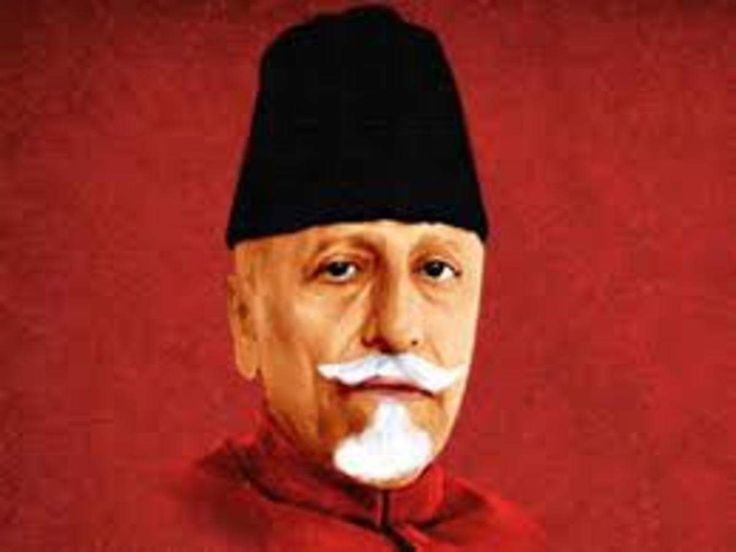Maulana Abul Kalam Azad had been a main Muslim leader and an educational visionary in India’s fight for independence; he was identified for his acute intellect, subtle political acumen, and undying devotion towards unity.
Early Childhood and Education
Abul Kalam Azad was born Muhammad Muhiuddin Ahmad in Mecca, Saudi Arabia on November 11, 1888; his father was known as a famous Muslim scholar. During his formative years, he grew up immersed in deep religiosity passing through primary schooling stages under the guidance of his parent before being taken out when he was twelve years old for further studies in Cairo where he got exposed to intellectual currents from the Arab world together with keen interest western modern thoughts.
Political Awakening and Entry into Indian Politics
Azad’s political awakening came with the rise of nationalistic feelings amongst Indians during this period he joined the Indian Congress party owing allegiance to Mahatma Gandhi’s ideology. At the start he took part in various social movements linked with Congress like the Non-Cooperation Movement as well as the Khilafat agitation that was there then the righteousness of his debates made him prominent quickly in the Congress leadership ranks.
A Champion of Hindu-Muslim Unity
His focus was mainly against all odds that could bring about division between Muslims and Hindus at any given point during those stormy days experienced within Indian society where Azad tirelessly worked towards providing bridges connecting these communities. His concept about India’s strength lies in its unique differences which led to his advocacy for secularism over time.
Education Minister of Independent India
After India gained independence on 1947, Maulana Abul Kalam Azad was made the country’s First Education Minister ever. Under his supervision many educational reforms would likely take place while in office as he always knew how beneficial it would be if quality education was availed at affordable costs, especially for young individuals living far from urban centers; moreover, he encouraged scientific research development programs among others.
Legacy
However; Azad’s contributions extended far beyond politics with numerous books written by him then journalistic works being written under penito de plume which were greatly influential too on Urdu literature. His autobiography entitled “India Wins Freedom” highlights some significant moments during the independence struggle period still today for many generations of Indians Azad who stood ontological unity, predication includes casesincluding of, singular explanatory subject that come immediately before predicate on relevant theory attributes like education where passion all began there is a connection between human beings implying they should work together if possible.
Maulana Abul Kalam Azad dominated Indian history. His intellect, politics, and devotion to maintaining unity were vital for shaping modern India. Azad will be remembered through generations as an advocate of Hindu-Muslim unity and a visionary educationist.

